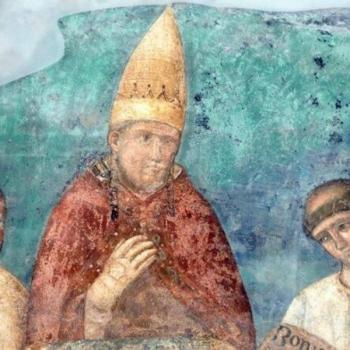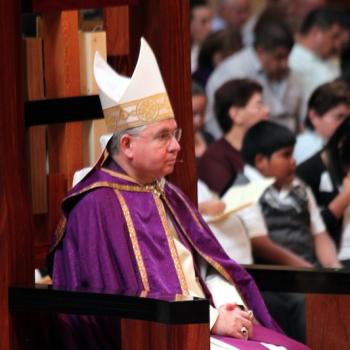The Pope continued by posing a second question, “How does Joseph respond to his calling to be the protector of Mary, Jesus and the Church? By being constantly attentive to God, open to the signs of God’s presence and receptive to God’s plans, and not simply to his own.”
After meditating on Saint Joseph, the Pope explored how Joseph’s vocation and example of “protector” is one for all humans, Christians and non-Christians alike. This vocation “means respecting each of God’s creatures and respecting the environment in which we live. It means protecting people, showing loving concern for each and every person, especially children, the elderly, those in need, who are often the last we think about. It means caring for one another in our families: husbands and wives first protect one another, and then, as parents, they care for their children, and children themselves, in time, protect their parents. It means building sincere friendships in which we protect one another in trust, respect, and goodness. In the end, everything has been entrusted to our protection, and all of us are responsible for it.”
He called those in positions of economic, political and social responsibility (plenty were present in official delegations at the Mass) to be protectors of creation, protectors of God’s plan inscribed in nature, protectors of one another and of the environment. “Be warned of hatred, envy and pride which defile,” he said to them. He encouraged to watch over emotions and our hearts because “they are the seat of good and evil intentions: intentions that build up and tear down!”
Speaking on the importance of tenderness which has already been evidenced by his actions and demeanor, he said, “tenderness is not the virtue of the weak, but rather a sign of strength of spirit and a capacity for concern, for compassion, for genuine openness to others, for love. We must not be afraid of goodness, of tenderness!”
The Pope’s outlined his understanding of the role of his Petrine ministry stating, “Let us never forget that authentic power is service, and that the Pope too, when exercising power, must enter ever more fully into that service which has its radiant culmination on the Cross. He must be inspired by the lowly, concrete and faithful service, he must open his arms to protect all of God’s people and embrace with tender affection the whole of humanity, especially the poorest, the weakest, the least important, those whom Matthew lists in the final judgment on love: the hungry, the thirsty, the stranger, the naked, the sick and those in prison.”
More and more, I believe our new Pope is the Papal version of Blessed Mother Teresa of Calcutta. We have already seen how in the life of Blessed Mother Teresa love and tenderness broke down all barriers, silenced her enemies and built God’s kingdom. We will see the same in the Papacy of Francis. May God give him health and a long life.












